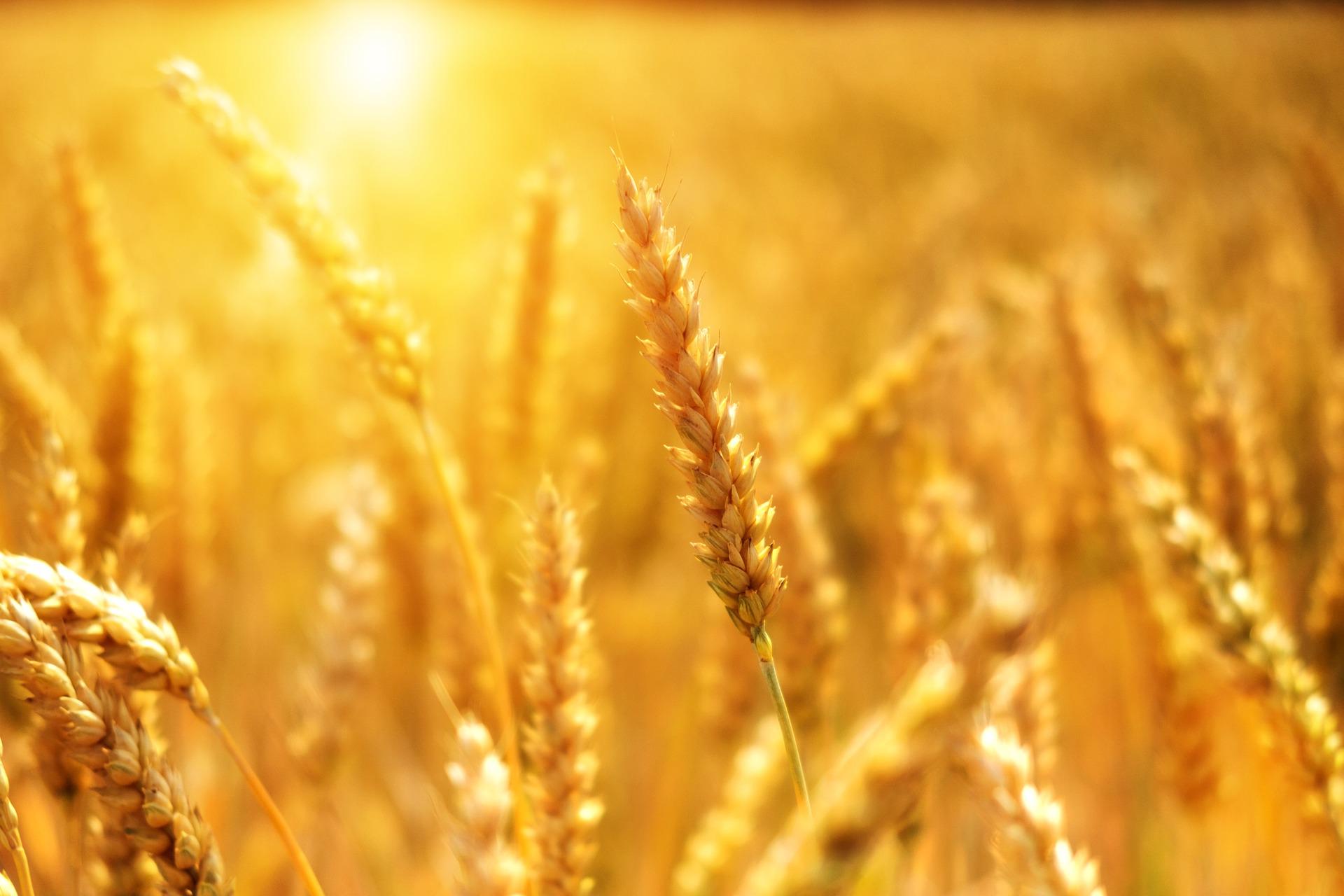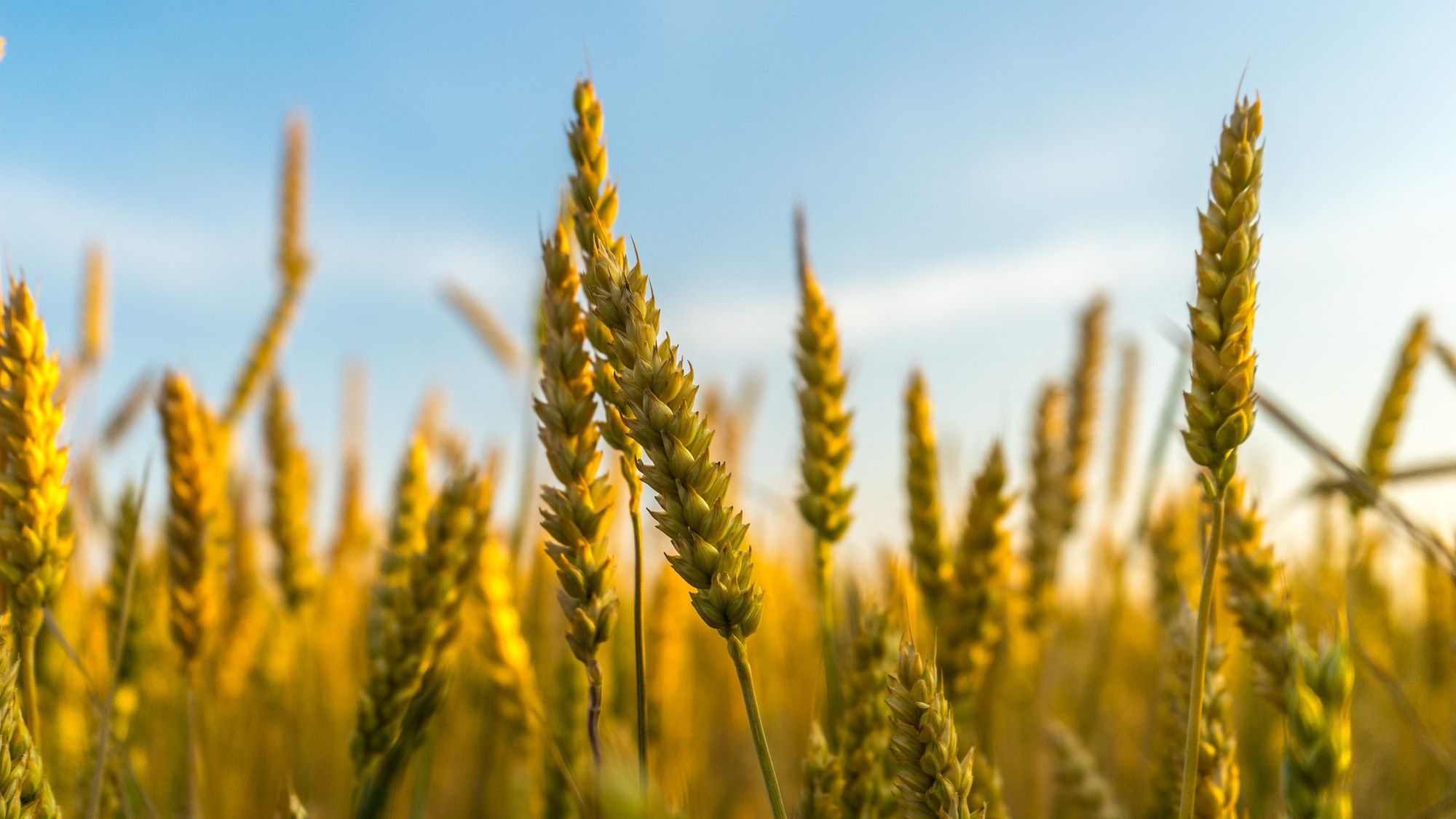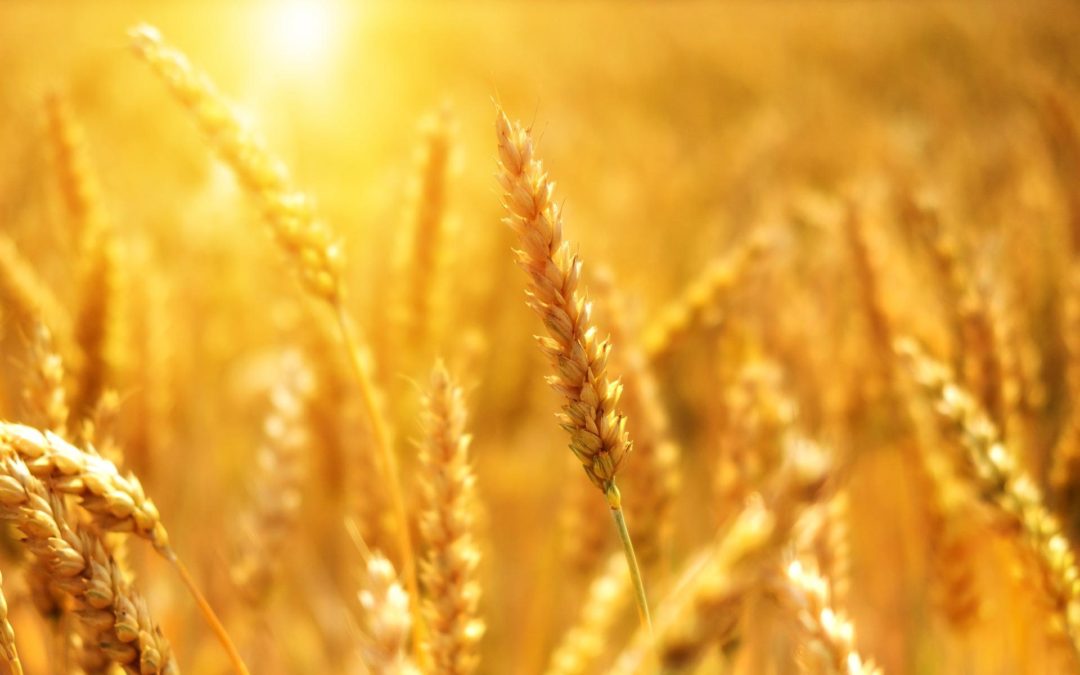
One effect of climate change is that arable land near the sea is increasingly flooded, which leads to an increase in the salinity of the soil. Around eight percent of the world's arable land can no longer be used for plant cultivation due to salt pollution.
This can lead to major problems for food supply in the future. Wheat is the cereal we grow most in the world, so producing a wheat variety that tolerates salt better would be of enormous benefit to food production around the world.
"It is very important to try to develop a salt-resistant variant with a good return. Right now, we are losing about 2,000 hectares of agricultural land a day due to floods and incorrect watering that raises the salinity of the soils", says Johanna Lethin, researcher at the University of Gothenburg, in a press release.
She is part of a research team that is working on developing new varieties of wheat that can be grown in saline soils.
The researchers started by taking wheat that grows in fields near the sea in Bangladesh. This wheat has a certain resistance to salt in the soil. By mutating this wheat variety, the researchers developed new wheat lines that grow much better in saline soils than the original variety.
"We obtained wheat lines where the average weight of the seed was three times higher and also germinated much more often than the original wheat from Bangladesh", says Johanna Lethin.
So far, these are experiments in greenhouses, but the researchers will now go ahead and carry out field tests.
"The next step will be to plant the salt-tolerant varieties in the field in Bangladesh. I would estimate that it takes about five years before we can have a commercial production of salt-tolerant wheat, depending on how the field trials go", says Johanna Lethin.







